When I work with patients, my goal is to always treat the whole person, not a list of symptoms. After all, none of us are defined by our health issues. That is why I chose human names for the five skin types rather than defining them by lists of symptoms.
This piece offers a high-level overview of each skin type, including its common features and root causes. As you read, consider which type you identify with most closely (you may even identify with more than one). Developing this understanding is key to addressing the underlying causes of your particular skin issues.
The experiences of each patient listed below exemplify commonalities among people with those same skin types. I present them this way for two reasons. First, I know that not everyone can schedule an appointment with me. Second, categorization allows you to easily identify the root cause of your skin issues and customize your two-week program accordingly.
As you read through each of these skin types, pay attention to whether any of these stories resonate with you. You may also recognize someone else in the patient experiences I share here. If so, feel free to share this post.
Amber Skin Type
Amber first came to me because she struggled with dark pigmentation and splotchy skin that aged her and made her feel self-conscious. She tried a variety of remedies, from concealment with makeup to skin-lightening lotions.
Makeup, of course, did not work. The pigmentation was too dark. The skin-lightening lotions Amber used actually increased her hyperpigmentation issues since they made her skin more sensitive to the sun. She also experienced an allergic reaction to the hydroquinone her dermatologist prescribed.
In other words, nothing was working. Amber was embarrassed by her skin and extremely frustrated.
Are you an Amber skin type?
If you’re an Amber skin type, you’ve likely experienced one or more of the following skin conditions:
- Darkening of the skin in discrete areas (known as hyperpigmentation)
- Freckles
- Brown or gray-brown patches typically found on the face (known as melasma)
- Splotchy, uneven skin tone
Olivia Skin Type
When I first met Olivia, she was dealing with daily acne breakouts on her face and chest. She worked in the health field and worried that her skin condition undercut her authority as she felt that she did not look healthy.
Olivia was also self-conscious about her appearance, which affected her relationship with her husband. She tried a variety of conventional treatments, including antibiotics, birth control pills, and topical ointments. Of course, the treatment would work for a time but the moment she ceased taking her medication, the problem returned, usually worse than before.
Are you an Olivia skin type?
If you’re an Olivia skin type, you’ve likely experienced one or more of the following skin conditions:
- Acne
- Blackheads and whiteheads
- Enlarged pores
- Yellowish, small, soft papules (known as sebaceous hyperplasia) on the face
Heath Skin Type
Heath came to me out of frustration with red, over reactive skin that seemed to only get worse with each treatment his dermatologist prescribed.
What started as a few small, visible blood vessels across his nose eventually turned into bumpy, red, inflamed skin. After an acne misdiagnosis from his dermatologist, Heath was told he had rosacea. However, none of the treatments he tried worked for more than a few months (if they worked that long).
Conventional medicine tells patients that rosacea has no cure. However, my experience is that addressing the root cause helps decrease inflammation and relieve symptoms.
Are you a Heath skin type?
If you’re a Heath skin type, you’ve likely experienced one or more of the following skin conditions:
- Red or inflamed skin that may include a bumpy texture
- Rosacea – redness on cheeks, forehead, or chin that may include bumps
- Sensitive skin that reacts easily to skincare products
- Skin that flushes easily
- Skin that reacts to changes in weather or temperature
- Visible blood vessels called telangiectasia
Emmett Skin Type
Emmett came to me with inflamed, itchy skin that started on his hands and slowly spread. By the time I met him, he also had inflamed skin and dry, scaly patches on his face, chest, and legs.
For eight years, Emmett tried a variety of prescription creams and ointments. These helped somewhat with the itching, but his skin remained chronically dry, scaly, red, and inflamed.
If you’ve read my book or follow me on my blog or social media, you know that my focus is on addressing the underlying cause of skin issues. That is why I group Emmett’s skin conditions together, because they all share a single root cause: an imbalanced immune system.
Are you an Emmett skin type?
If you’re an Emmett skin type, you’ve likely experienced one or more of the following skin conditions:
- Allergic skin reactions
- Chronic itching
- Dry, scaly skin
- Eczema (also known as atopic dermatitis)
- Keloids – a raised scar that does not improve over time and typically appears smooth, with pink or purple coloring
- Patches of lighter skin called vitiligo
- Psoriasis
- Recurring acute skin issues or infections
- Seborrheic dermatitis which typically occurs in the center of the face or scalp
Sage Skin Type
When Sage came to me, she complained of aging more quickly than friends who were the same age. She was only 52 but her appearance began changing dramatically – and quickly – once she turned 50.
In her twenties and thirties, Sage acquired a great deal of sun damage due to work that kept her outdoors most of the time. Few people talked about the importance of sun screen at that time and Sage rarely used it. In addition, Sage noted all of the women in her family aged more quickly than their peers had.
Age causes a number of changes to our bodies and one of them is decreased collagen production. This leads to thinning skin. Loss of elastin is also common.
Are you a Sage skin type?
If you’re a Sage skin type, you’ve likely experienced one or more of the following skin conditions:
- Chronically dry skin
- Delayed healing
- Excessive wrinkles
- Sagging, loose skin
- Thin skin
Which Skin Type Are You?
You likely relate to at least one of these skin types and may relate to more than one. Once you know the root causes of your issues, though, you’re halfway there.
If you aren’t sure which skin type applies to you, take my Skin Quiz. When you understand your triggers, you’re able to avoid them and start new, healthier habits that help you achieve the beautiful, glowing skin you deserve.
Ready to Dig Deeper?
In this podcast episode I go over all five skin types and discuss some of the holistic approaches to overcoming the root causes of their individual issues.
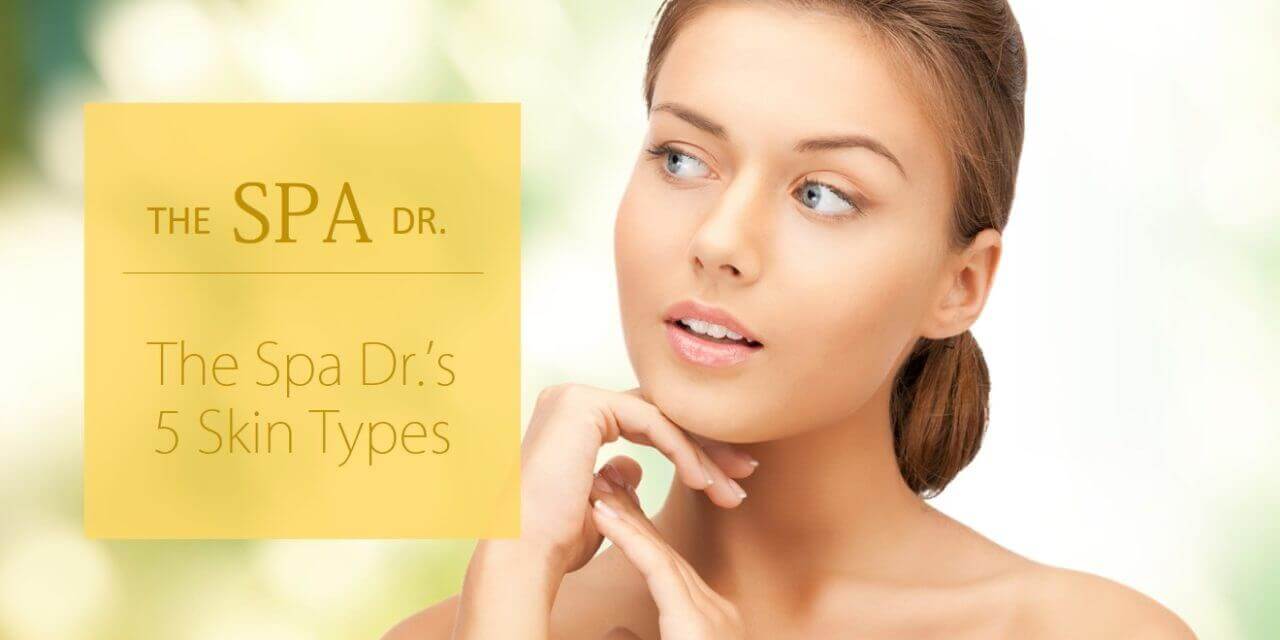
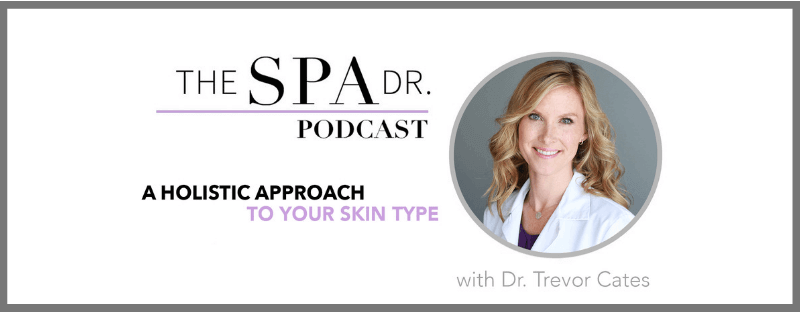
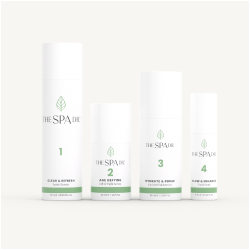
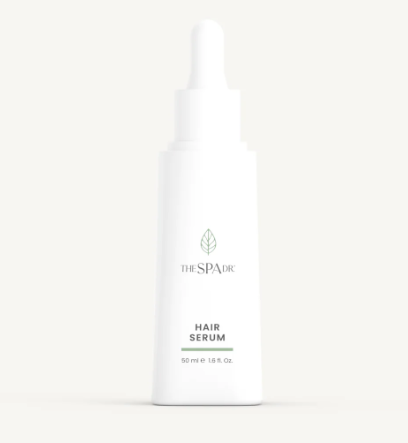
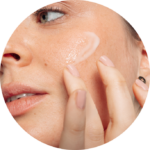

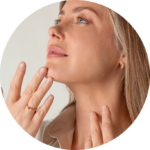


Reader Interactions
Have you had any experience with Lichen Sclerosis (inflammation in the vulvar)? Diagnosed at menopause. Change in hormones trigger. Was already eating and living a non-inflammatory life style (no gluten, dairy, sugar, processed foods, GMO, only organic) at time of diagnosis. No systemic inflammation as in fatigue, brain fog, achy joints, etc. Have been at a loss for alternative treatment. Also did Dr. Pompa’s 3 month cellular detox. Any help or resources appreciated.
This is a very specific question and requires some dialogue, so if you’d like to schedule an appointment, please email assistant@DrTrevorCates.com